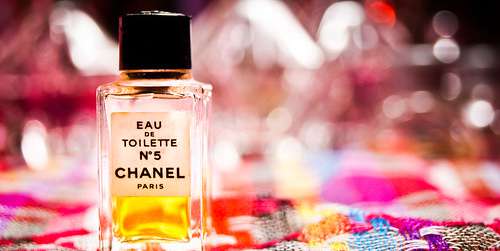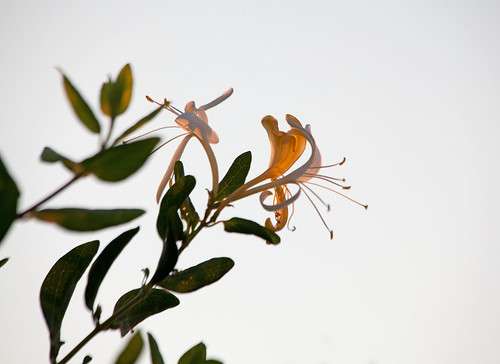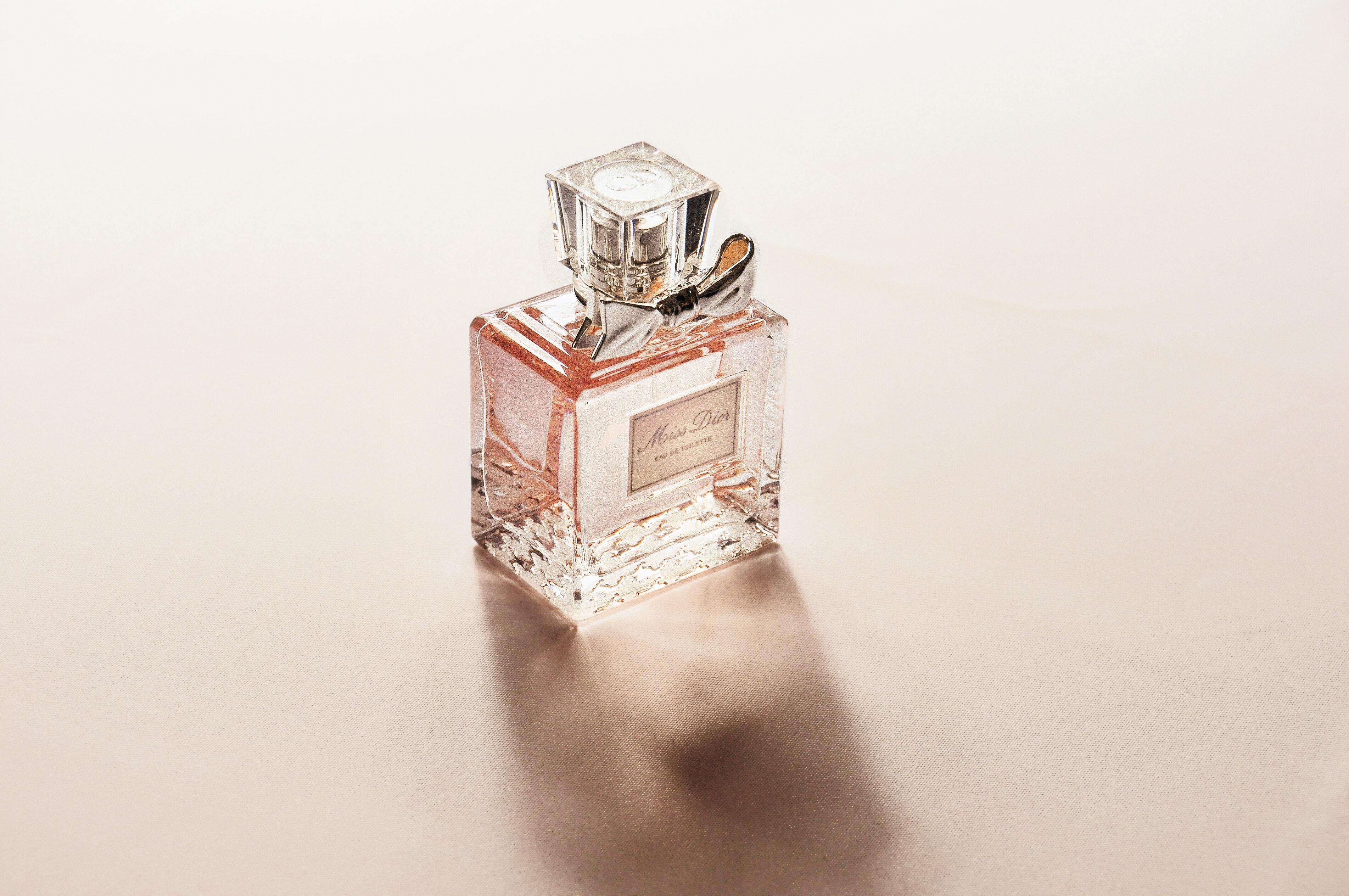
Perfume has played a fascinating role in the lives of individuals and cultures for thousands of years. Image Source: Flickr user Lindsay Wilson
Last time I was in Montreal, the entire city smelled of Santal 33. It was everywhere, from nightclubs to galleries, tiny boulangeries in Mile End to H&M on Sherbrooke. And, as I had forgotten to bring my own shampoo, the scent was soon also on me; the hotel’s toiletries all contained the distinctive sandalwood and cedar whispers of Le Labo’s cult hit. As GQ designer, Griffin Funk, tweeted, “At this point it’s weird if someone doesn’t smell like Le Labo Santal 33.”1
The fact that a fragrance can become a cultural sensation should come as no surprise. After all, perfume itself has been a vital part of human history thousands of years. “The history of perfume is more than just the history of human beings trying to smell nice—it’s a history filled with much strife and innovation,” writes JR Thorpe:
The ingredients that are used to create scents have historically been hugely important for trade routes; high class-scents have always been used as a method of distinguishing nobility from the peasantry, and fragrance has been tied to expressions of religious devotion, health precautions, and cleanliness options for most of human civilization.2
Whether it was Josephine dousing her rooms with her signature scent to make sure Napoleon would not forget her, ancient Greeks using perfume to fortify spiritual connections, or young girls in modern day France carefully selecting their first scent as a coming of age ritual, perfume has played a complicated and essential role in the lives of individual and cultures around the world. Perfume gives us a way of creating moods, taking on identities that are perhaps a little bit more adventurous, a little bit more sensual than we believe ourself to be. Perfume lets us partake in something luxurious and weave it into our everyday lived experience; whether or not we cannot afford an haute couture dress, but we can dress our bodies in the designer’s fragrance.

Capturing natural fragrances to create pleasing and commercially viable perfume formulation is a fine art that must take both scent and appearance into consideration. Image Source: Flickr user Keith Williamsom



